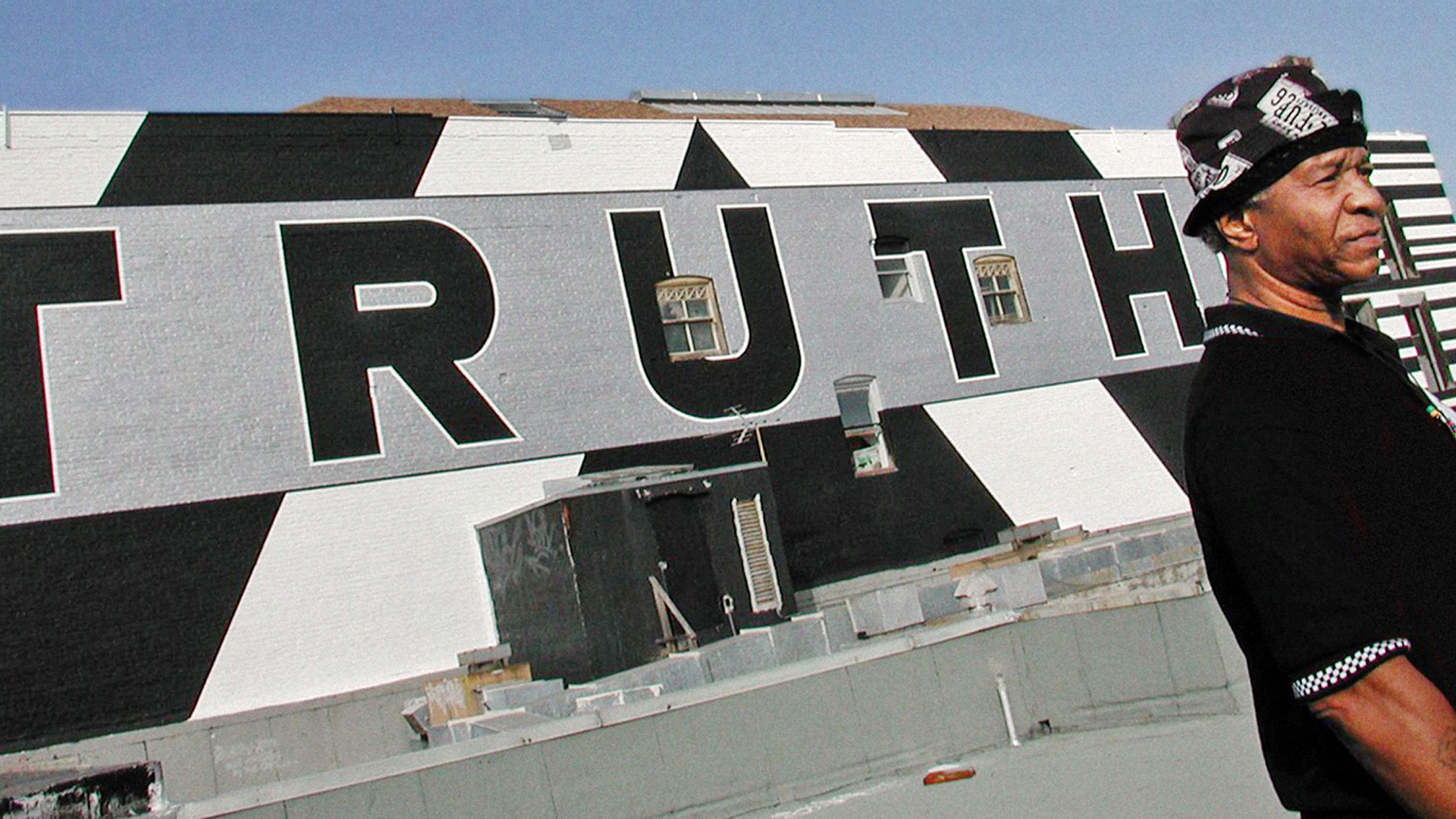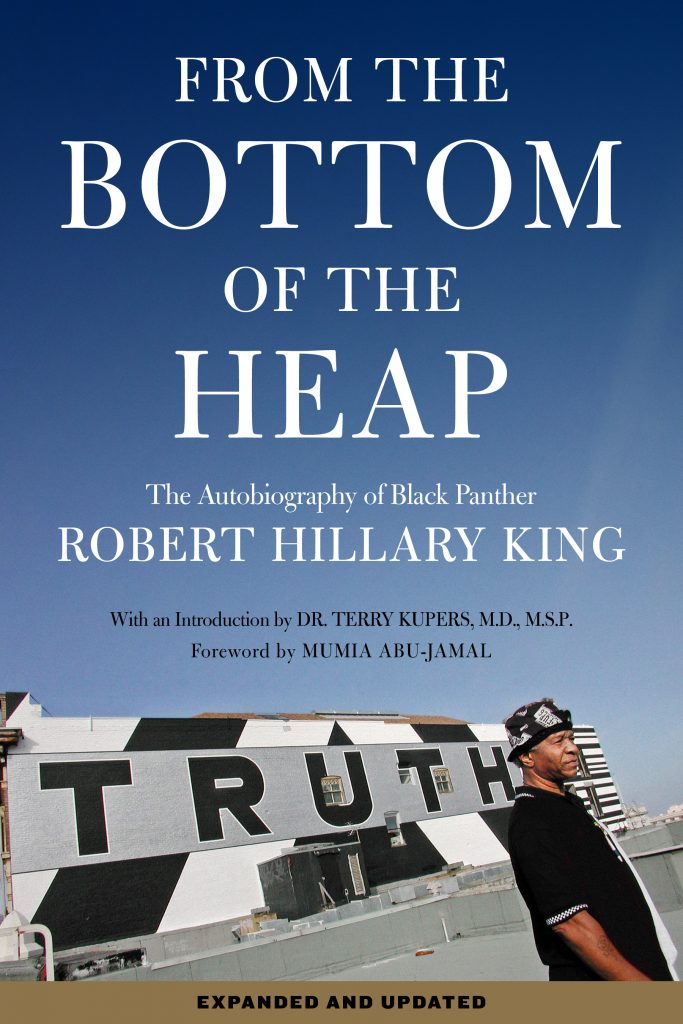By Stefan Christoff
The Hour
June 25, 2009
U.S. political prisoner Robert Hillary King tells his arresting tale in From the Bottom of the Heap
Imprisonment
has certainly been a source for incredible literary works throughout
the ages, with key memoirs of liberation leaders or rebel artists often
scribed and shaped behind bars.
Today, over two million people are in U.S. prisons – the highest national incarceration rate in the world. Despite the massive numbers of prisoners in the world’s stumbling superpower, prison literature is not a major thread within the American literary landscape, although prisons unquestionably play a key role in shaping U.S. society.
Robert Hillary King’s striking autobiography From the Bottom of the Heap tells the story of a Black Panther activist who spent 35 years in the infamous Angola state penitentiary in Louisiana for a crime he was exonerated from in 2001 after authorities reluctantly acknowledged his innocence. His book joins a long line of critically important literature penned by political prisoners in the U.S., including George Jackson’s celebrated Soledad Brother and Leonard Peltier’s Prison Writings, which spells out the thoughts of one of the Western world’s most prominent prisoners and member of the American Indian Movement (AIM).
King’s extended prison term included 29 years in solitary confinement in a six- by nine-foot cell and was a direct retribution by U.S. authorities for his successful organizing efforts as a militant behind bars. The book tells the tale of King’s struggles to improve jail conditions for the majority African-American population in Angola prison,
and sheds light on life within Angola, the largest maximum security prison in the U.S., literally built on the grounds of a former plantation in Louisiana.
King’s book speaks to an important political moment in U.S. history, a time when black liberation movements, led by groups such as the Black Panther Party, were locked in high-profile battles against institutional racism in the U.S., movements that also struggled to overturn dominant political structures in a nation with certain economic foundations rooted in slavery.
Beyond history, King’s autobiography rings as a clear reminder that many Black Panthers remain behind bars, even with the election of the first African-American U.S. president. Albert Woodfox and Herman Wallace remain in Angola prison. They, along with King, made up the Angola 3: a trio linked to the Black Panthers, subject of an ongoing national campaign in the U.S., and held in solitary confinement for decades due to organizing efforts behind bars. These prison activists were among the first to fight for the desegregation of prisons in the U.S. – now they’re fighting for an end to violence against prisoners and for better living conditions.
From the Bottom of the Heap clearly shows that prison-related struggles of today are rooted in a long and often untold track of American history. The book paints a picture of the lived reality of African-Americans in the South prior to the civil-rights and black power movements in the U.S. King describes in a charismatic literary style the experiences of growing-up black and poor and also how poverty and political violence led him to join the Black Panther Party while in jail.
Even with the election of Barack
Obama, many stories of the fight against racism remain underground. The
circumstances and true-to-life stories described in From the Bottom of the Heap
illustrate that there are multiple and diverse African-American
experiences in the U.S., experiences that range from the White House to
prison walls.







